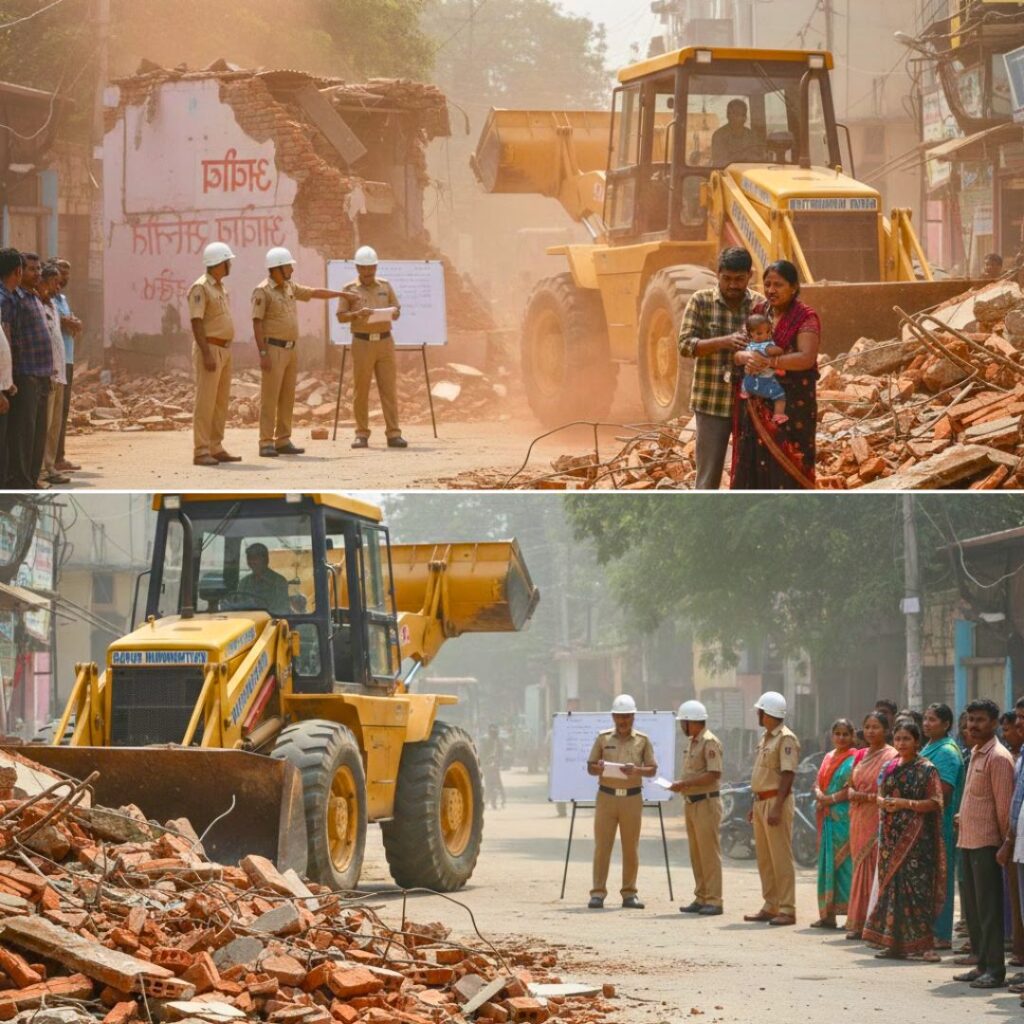India has witnessed an exponential rise in the novel coronavirus cases since January 30, when the country reported its first case.
According to the data published in Ministry of Health and Family Welfare’s website, COVID-19 cases have crossed the two thousand mark and is on the verge of entering the Stage 3 of the virus-outbreak with the recent incidents of religious gatherings.
While the World Health Organization (WHO) is heavily betting on India’s responsive approach to the outbreak which reportedly will decide the world’s future, it is significant to note that India’s over a billion population and a poor health care system are the two biggest challenges staring the central and state governments in the eyes.
The global pandemic has also accentuated the fact that India is grappling with providing its frontline warriors ( the doctors, nurses and the health workers) adequate protective gears and suitable spaces to test and treat the coronavirus suspects and patients.
A 21-day lockdown would surely buy some precious time but containment of the deadly virus in a densely populated country is only possible with enhanced number of testing and isolating the infected individuals in proper facilities.
What is the problem at hand?
Coronavirus (SARS-CoV-2), the microbe that inflicts infectious respiratory illness has already triggered an unprecedented global lockdown.
It is crucial to remember that the incubation period between infection and surfacing of the symptoms – lasts up to 14 days.
According to several media reports, India is already facing shortages of masks, gloves, ventilators and hospitals in the country and can easily be overwhelmed in case there is a spike in the number of cases.
Ensuring proper hygiene, sanitisation and cleanliness in the hospitals to tackle the further spread of the virus is inevitable.
Importantly, India has just 0.5 hospital beds for every 1,000 people living there while the WHO recommends at least five.
Also, the mass exodus of tens of thousands of hungry and poor migrant workers, who have taken the journey of hundreds of kilometres, on foot, to reach their home states have mounted concerns for the state governments.
What is the need of the hour?
An application has been filed in the Supreme Court seeking swift, uniform nation-wide acquisitions and conversions of ‘Self Containing Accomodations’ for migrant workers stranded on state borders due to lockdown, for utilisation of such accomodations as isolation/quarantine facilities and as shelter homes for the needy.
The application has been filed by Advocates – Arjun Syal, Vidisha Kumar, Advocate-On-Record â Mithu Jain and Lavina Sequera who is the Hon. Executive Director, All India Council of Human Rights, Liberties and Social Justice.
The application brings to attention the wide powers that have been granted to the authorities under the relevant provisions of National Disaster Management Act, 2005 and Epidemic Disease Act, 1857.
Section 65 of the Disaster Management Act, 2005 empowers central and state authorities to acquire/ take over premises such as hotels and guesthouses and convert them into hospitals and shelter homes.
The provisions grant the state authorities to overstep the existing provisions of the law during the outbreak of an epidemic, by virtue of a public notification, prescribe such temporary regulations to be observed by a particular class of people or the general public till it deems necessary in prevention of the outbreak.
The application if considered would not only help in creating awareness on the pre-existing powers with the authorities but also would benefit the country in a tremendous way during the coronavirus crisis.
How will it help India?
The COVID-19 pandemic will cost the Indian hospitality and tourism industry losses to the tune of â¹620 crore, reported, Business Line.
It reported that the hotel chain and standalone hotel segment is expecting losses over â¹130-155 crore due to the travel restrictions and the lockdown still in place.
According to reports, India has around 90 million hotel rooms that are lying vacant due to the coronavirus scare.
The provisions of the two aforementioned Acts would enable these hygienic and equipped unoccupied resources to be effectively used in tackling the outbreak.
The hotel rooms are equipped with electricity, back-up, beds, multiple washrooms, regular water supply, dedicated pantry areas, ventilation, lifts, manpower and security.
Efficient and timely utilisation of such rooms would not only ensure citizen’s basic rights to life health, shelter and sanitisation but would also prove effective given the biological properties of the virus which makes hygiene, a critical factor.
The application also brings our attention to the drawbacks of measures like temporary conversion of railway coaches and stadiums which lacks provision of confined spaces and cleanliness that is required for treating COVID-19 patients or f…













